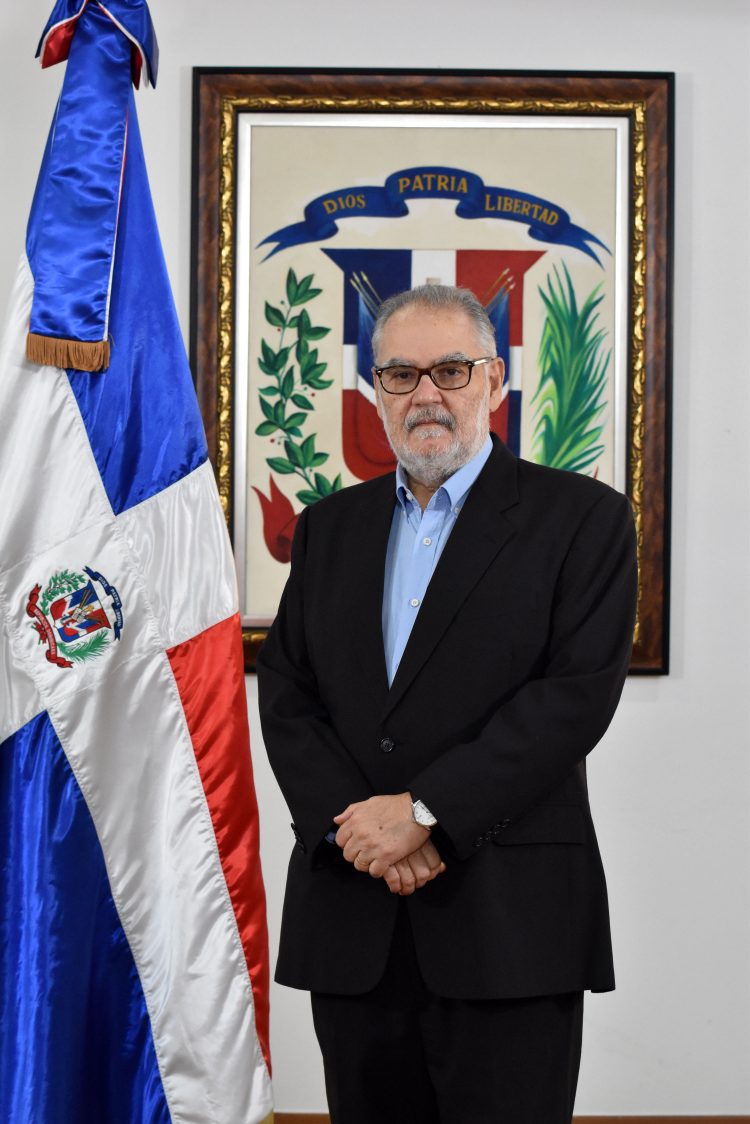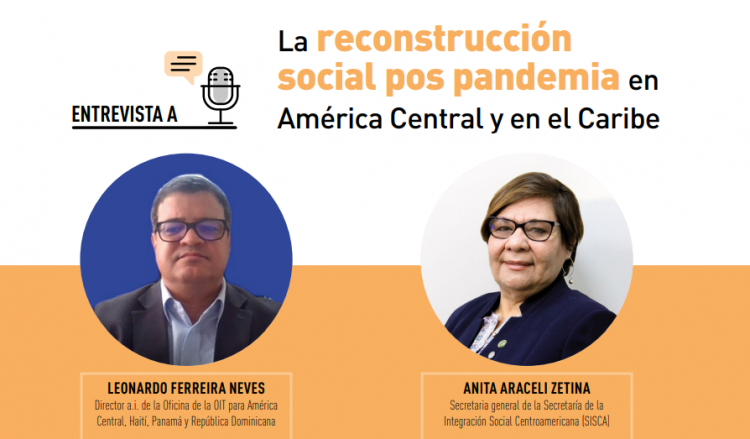Simone Cecchini, Economic Commission for Latin America and the Caribbean (ECLAC)

Latin America is one of the regions of the world hardest hit by COVID-19, both in terms of infections and deaths. Although there is still much uncertainty as to how widespread the pandemic will become and when it will be brought under control, it is clear that the high levels of social deprivation and the multiple inequalities that characterise Latin American societies have a strong impact on this worrying situation.
In the region, before the pandemic, three out of ten Latin Americans lived in poverty and eight out of ten lived with incomes three times below the poverty line, which makes the region’s population very vulnerable to the loss of labour income. 54% of workers belonged to the informal sector and did not have adequate access to social protection. In addition, the region has weak health systems, which in most cases are fragmented and under-financed, with significant barriers to access (ECLAC-PAHO, 2020).
The pandemic has had a discriminatory impact on various population groups and on their capacity of response. Overcrowded conditions, lack of access to water and sanitation, and the inability to work from home have increased the risk of infection for the poor and vulnerable population. Likewise, the risk of death is greater among the poorest and most vulnerable population due to the higher incidence of pre-existing health conditions such as obesity, pulmonary and cardiovascular diseases and diabetes, as well as due to the lack of adequate access to medical care (ECLAC, 2020a).
Faced with this scenario, social protection has a very important role to play in controlling the pandemic, guaranteeing basic levels of well-being and access to various social services for the population. The crisis also leaves us with two important lessons in relation to social protection: i) the importance, urgency and feasibility of incorporating broad sectors of the excluded population, especially informal workers, into universal social protection systems; and ii) the need for far-reaching, up-to-date and interconnected social information systems and recipient registers.
At 6 November 2020, in the face of the abrupt fall in workers’ income, especially informal workers, 32 countries in the region had adopted 263 non-contributory social protection measures, such as cash transfers, transfers in kind and the assurance of provision of basic services so that the poorest, most vulnerable and at-risk households could cope with the pandemic. Cash and in-kind transfers have reached around 84 million households to date, corresponding to 326 million people or 49% of the regional population. Planned spending for six months would correspond to US$86 billion, about 1.3% of GDP. Likewise, the countries have adopted social protection measures for formal workers, aimed at reducing workers’ exposure to the virus and ensuring the continuity of economic activity, as well as guaranteeing income and jobs (ECLAC, 2020a and 2020b).
A first lesson that the pandemic leaves us is the need to have a solid and broad floor of non-contributory social protection to satisfy basic needs and sustain consumption, as part of a universal system of social protection. The unfulfilled promise of access to social protection via the labour market in the region was evident before the pandemic. However, the resources allocated to non-contributory social protection were not huge: in 2017, spending on conditional transfer programmes, aimed at poor families with children, represented 0.37% of GDP, while spending on social pensions for older adults and people with disabilities who do not have a contributory pension accounted for 0.93% of GDP (Abramo, Cecchini and Morales, 2019). With the pandemic, countries have been able to quickly implement emergency cash transfers. In just six months, additional emergency spending on cash and in-kind transfers has equalled the joint annual spending on CCTs (conditional cash transfer programmes) and social pensions. Many of the programmes, such as Argentina’s Ingreso Familiar de Emergencia, Chile’s programme with the same name, Brazil’s Auxílio Emergencial, and Costa Rica’s Bono Proteger, are especially aimed at informal workers, thus including a sector traditionally excluded from social protection.
The second lesson teaches us the importance of having strong social information systems and up-to-date recipient registries. To the extent that it is necessary to include informal workers and the middle classes in social protection systems and that sudden crises can plunge millions of households into poverty, it is necessary to have social information systems that incorporate broad sectors of the population and are flexible and adaptable enough for rapid updating. At present, in some countries the social registries have a wide coverage of the population, as is the case in Argentina, Chile, Colombia, Costa Rica, the Dominican Republic and Uruguay, where the population coverage of the Social Area Integrated Information System (SIIAS) is universal. However, in other countries, such as Bolivia, El Salvador and Haiti, the records contain only a very small percentage of the population. The information in the registries must also be integrated with other administrative data, allowing cross-checking and rapid updating of the information.
In conclusion, the pandemic has taught us that, if it is not possible to guarantee a basic level of income to the entire population and there are no solid operational mechanisms to achieve it, the consequences can be devastating, especially for the most vulnerable social and age groups.
References
Abramo, L., Cecchini, S. and Morales, B. (2019), Social programmes, poverty eradication and labour inclusion: lessons from Latin America and the Caribbean. ECLAC Book No. 155.
ECLAC (2020a), The social challenge in times of COVID-19 . COVID-19 Special Report No. 3.
ECLAC (2020b), Addressing the growing impact of COVID-19 with a view to reactivation with equality: new projections. COVID-19 Special Report No. 5.
ECLAC-PAHO (2020), Health and the economy: a convergence needed to address COVID-19 and retake the path of sustainable development in Latin America and the Caribbean. COVID-19 report.



